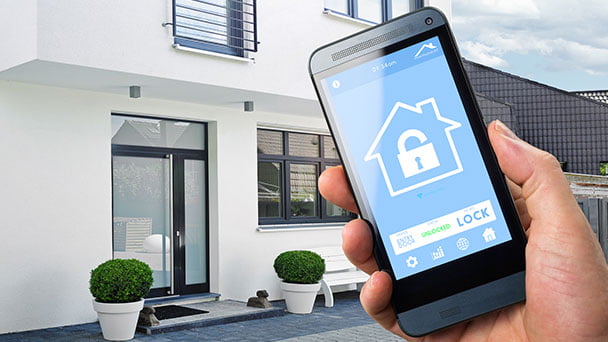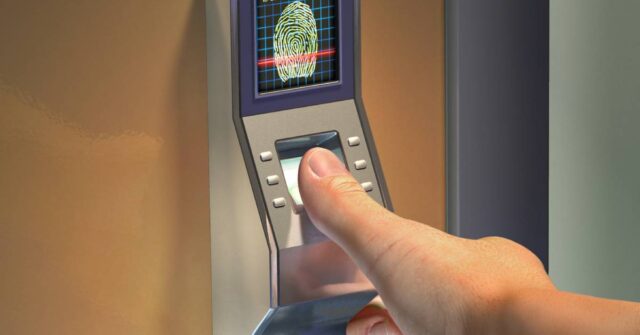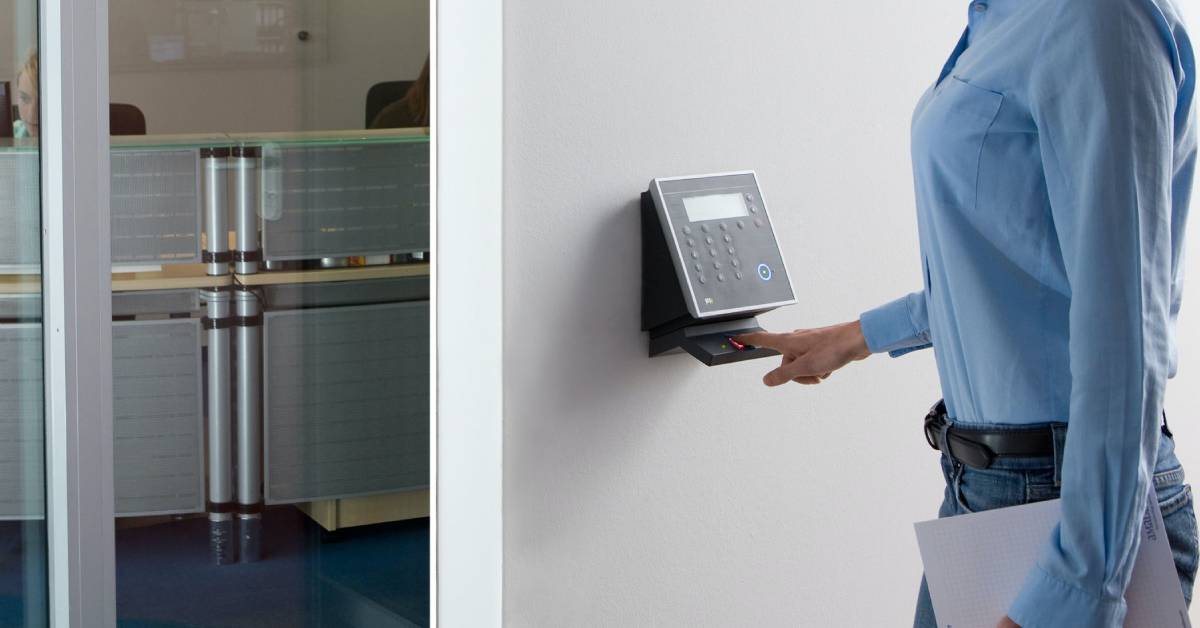With the proliferation of the Internet of Things (IoT), numerous industries are undergoing transformative changes, including the realm of locksmith services.
This article explores the profound impact of IoT on locksmith services in the Australian context, detailing the evolution, benefits, challenges, case studies, and the future outlook of this digital integration.

Introduction to IoT and Locksmith Services
In the digital age, it is critical to understand both the Internet of Things and the role of locksmiths before we delve into how they intersect. Let’s start with a brief introduction to these two concepts.
Understanding the Internet of Things (IoT)
The Internet of Things, or IoT, refers to the vast network of physical devices connected to the Internet that collect and share data.
This expansive connectivity aims to create smart environments that enhance our everyday lives, improving everything from household management to business operations.
The Traditional Role of Locksmiths in Australia
Locksmiths have traditionally been seen as the guardians of physical security, responsible for the installation, repair, and maintenance of mechanical locks.
In Australia, locksmiths provide many services such as key-cutting, security system installations, and safe repairs, providing essential services to homes, businesses, and institutions.
The Intersection of IoT and Locksmith Services
The advent of IoT has opened new avenues for locksmith services, particularly with the rise of digital and smart locks.
IoT has enabled locksmiths to expand their services beyond physical locks, offering advanced security solutions that integrate seamlessly with users’ digital lifestyles.

The Evolution of Locksmith Services with IoT
IoT has initiated a significant evolution in locksmith services. Let’s delve into the various ways in which this industry has transformed under the influence of IoT.
The Transition from Mechanical to Digital Locks
The traditional mechanical locks are gradually giving way to their digital counterparts, thanks to the capabilities offered by IoT.
Digital locks provide keyless entry options, remote access, and even the ability to issue temporary access keys, significantly enhancing user convenience.
Adoption of Smart Locks and Security Systems
IoT has paved the way for the adoption of smart locks and security systems.
These systems offer advanced features such as automatic locking/unlocking based on proximity and integration with other smart home devices.
This has seen Australian homeowners and businesses increasingly shift towards these modern security solutions.
Integration of Biometric Technologies
Biometric technologies such as fingerprint scanners, facial recognition, and even retina scanning have been integrated into locksmith services thanks to IoT.
These technologies provide enhanced security, as they are unique to individuals and much harder to forge or steal than traditional keys.

Benefits of IoT in Locksmith Services
The integration of IoT into locksmith services has presented several significant benefits. Let’s explore them in detail.
Enhanced Security
IoT-enabled locks often provide enhanced security measures, like encryption and two-factor authentication, making them more secure against traditional lock-picking techniques.
They also offer real-time alerts on security breaches, enabling rapid responses to potential threats.
Improved Convenience
IoT locksmith services bring a new level of convenience to users. With features such as remote access, users can lock or unlock their doors from anywhere in the world using their smartphones.
This not only offers ease of use but also eliminates the worries of losing keys.
Advanced Monitoring and Control
IoT devices allow users to monitor and control their security systems in real time.
This includes receiving instant notifications of any access attempts, controlling who has access at what times, and even integrating with other smart home devices for enhanced security.
Cost-Effective Solutions
While the initial cost of IoT-enabled locks may be higher than traditional locks, they can prove cost-effective in the long run.
They reduce the need for lock replacements or key-cutting services due to lost keys, and their durability often exceeds that of conventional locks.

The Challenges and Risks of IoT in Locksmith Services
Despite the numerous benefits, IoT in locksmith services also presents certain challenges and risks. Let’s delve into these potential issues.
Security Vulnerabilities in IoT Devices
While IoT devices offer enhanced security in many aspects, they are not immune to cyber threats.
They can be vulnerable to hacking attempts, particularly if the devices are not regularly updated or if they use weak encryption.
Privacy Concerns
IoT devices often collect and transmit data, which raises privacy concerns. If not properly secured, this data can be accessed by unauthorized parties, leading to potential privacy breaches.
Dependency on Internet Connectivity and Power
IoT-enabled locks depend on internet connectivity and power to function. Any disruptions to these services could potentially lock users out of their own homes or compromise their security systems.

Regulation and Standards for IoT in Locksmith Services
As with any technology, it’s essential to have regulations and standards to ensure the safe and secure use of IoT in locksmith services.
Australian Standards for Smart Locks
Australia has strict standards for smart locks, ensuring they offer robust security features and protect user privacy.
These standards require manufacturers to provide regular software updates, use strong encryption, and comply with local privacy laws.
Privacy Laws and Data Security Regulations
Australian privacy laws and data security regulations also apply to IoT devices, including smart locks.
These laws ensure that any data collected by these devices is securely stored and only used for its intended purpose, safeguarding users’ privacy rights.

The Future of Locksmith Services with IoT
With the rapid advancements in IoT technology, locksmith services are set for further transformation.
Let’s look at the trends shaping the future of this industry and the potential challenges and opportunities they present.
Trends Shaping the Future of IoT in Locksmith Services
The use of artificial intelligence (AI) and machine learning in IoT devices is expected to enhance the capabilities of smart locks, including predictive security features.
Additionally, the integration of IoT locksmith services with smart home ecosystems will continue to improve users’ convenience and security.
Emerging Technologies and Their Impact
Emerging technologies such as blockchain could potentially enhance the security of IoT devices by providing a more secure method of data transfer.
On the other hand, advancements in hacking techniques could pose new challenges to these digital security systems.
Future Challenges and Opportunities
While the future holds immense opportunities for IoT in locksmith services, it also presents challenges.
Ensuring robust cybersecurity, maintaining user privacy, and addressing potential technical issues will be critical.
However, ongoing technological advancements offer ample opportunities to address these challenges and continue to revolutionize locksmith services.

Conclusion: The IoT Revolution in Locksmith Services
In conclusion, the IoT revolution is significantly transforming locksmith services, offering improved security, convenience, and control to users.
While there are potential challenges and risks, the benefits and opportunities presented by this technology are immense.
As IoT and other trends continue to evolve, locksmith services in Australia and beyond will undoubtedly become more integrated with our digital lives, creating a more secure and convenient future for us all.




